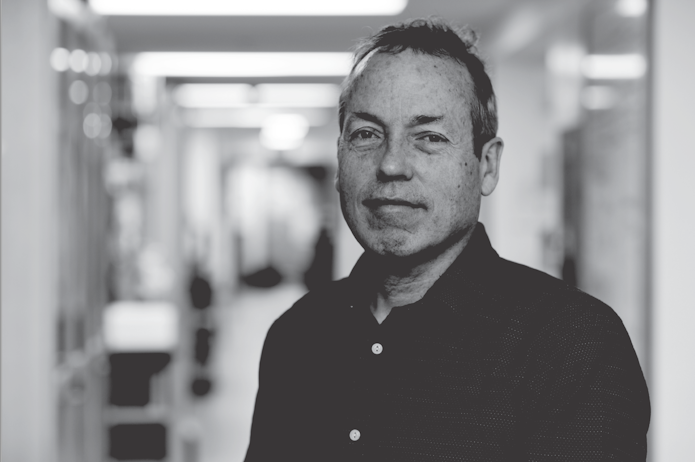
On April 24, 2019, David Ginty presented his work on the neurobiological basis of touch over-reactivity in mouse models of autism spectrum disorders (ASD). He also discussed new pharmacological approaches aimed at reducing sensory over-reactivity and potentially improving cognitive and behavioral abnormalities associated with ASD.
His talk was part of the Simons Foundation Autism Research lecture series.
About the Lecture
Mounting evidence indicates that sensory processing impairments are a key feature of ASD. In this lecture, David Ginty described work that employs molecular genetics, electrophysiological, synaptic and behavioral analyses to define the neurobiological basis of touch over-reactivity in mouse models of ASD, and its relationship to brain development and ASD-associated behavior. He also discussed new pharmacological approaches to treat touch over-reactivity with the goal of reducing sensory over-reactivity and potentially improving cognitive and behavioral abnormalities associated with ASD.




